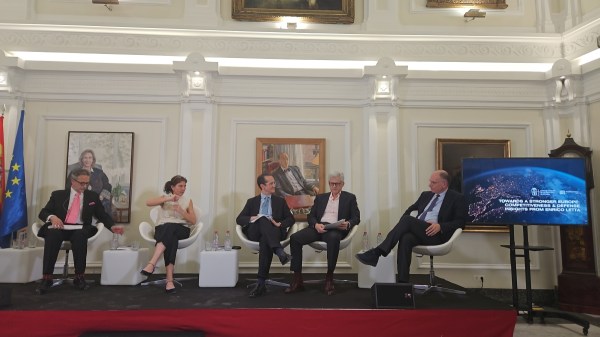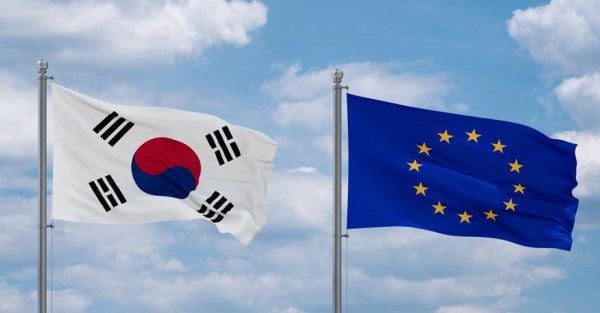Carlos López Blanco / @clopezbl

The European Parliament has approved the proposal by the European Council on a Telecom Single Market Regulation (TSM) to preserve an Open Internet and put an end to Roaming charges across the EU.
We would like to congratulate the European institutions on this important milestone for the European Union and its digital economy. After a long debate, the new Regulation will develop harmonized EU-wide measures and help creating a Telecom Single Market to enable the European Digital Economy to exploit its full potential.
It sets a predictable legal framework for two critical issues for European citizens and businesses.
- Open Internet
New Net Neutrality rules secure that European citizens and businesses can access all contents, applications and services of their choice. Telefonica has always supported this principle for our customers. We believe it is important that the new law at the same time also provides technical flexibility and allows for commercial innovation by implementing reasonable network management, which will allow us to provide our consumers with a better Internet experience.
- End of Roaming in the EU
The law sets a deadline for ending roaming charges across the EU by June 2017. This will create for consumers a single communication market where they will have comparable prices to their home markets for mobile calls and Internet access in other countries of the European Union. We welcome the transitional period for businesses to adapt to this new regulation and the important inclusion of a Fair Usage Policy to prevent arbitration.
After the lawmakers have finished their work after nearly two years, it is now time for the regulators to implement some aspects of the regulation: BEREC has to lay down guidelines for the implementation of the obligations of NRAs in regard of the supervision, enforcement and transparency measures for ensuring an open access to the Internet. They will need to do that keeping in mind that network quality and the possibility to offer innovative services are prerequisites for allowing us to deliver what our customers and other European businesses need to be able to take full advantage of the digitalization of our societies and economies. It is in the interest of Europe, its consumers and companies, that communication and broadband providers across the continent will also in the future be able to be trusted partners for solutions around connected driving, smart cities, e-health and many other services of the Internet of Things. For such future applications, many of which we cannot even imagine yet, network management and service differentiation will be required and the regulation takes the appropriate forward-looking approach to allow for these.
Regarding roaming, BEREC will need to provide extensive information by the end of 2015 on different aspects of the wholesale market and on the Fair Use Policy to avoid arbitrage. It will need to make sure that roaming implementation does not distort competition on national markets and neither does pick winners and losers among countries.
The TSM is an important step for safeguarding consumers’ rights and the single market for communication services. However, many challenges remain for the modernization of the outdated and unfair European legislative framework for the Digital Economy.
The ongoing consultations of the European Commission for the Digital Singe Market (DSM) show the way: In order to achieve a European Digital Single Market and protect consumers of digital services, a horizontal, technology- and provider-agnostic approach is urgently needed. Europe needs a legal framework, which is future-proof by tackling the full value chain of digital services, and is fair by not trying to pick winners and losers of the digital revolution – this should be left to competition and its sweeping forces.











